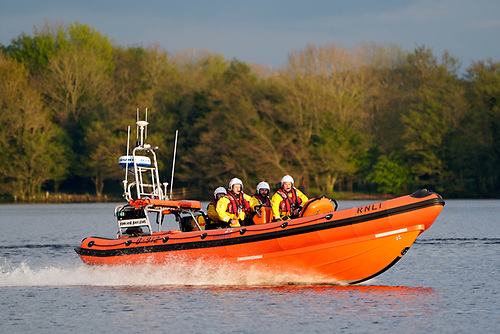Displaying items by tag: IMRAD
New Online Ship Radio Licence and EPIRB Registration System
The Department of Transport advises that a new online ship radio licence and EPIRB registration system is being implemented as of Monday 17 October.
This system replaces the paper form and email application processes and is be available at the online portal for the Irish Maritime Radio Licence System (IMRAD).
A ship radio licence is required under national and international legislation to certify that a vessel may operate approved radio communication equipment on specific maritime radio frequency bands and is also necessary for the assignment and recording of unique vessel radio communication maritime identifiers such as callsigns and MMSI numbers.
The registration of EPIRBs (Emergency Position Indicating Radio Beacon) carried on board Irish vessels is also mandatory.
These licensing and registration processes are coordinated internationally to protect maritime safety-related communications worldwide and to facilitate and support distress, safety and search-and-rescue operations.
This new online system provides users with a convenient means to fulfil these licensing and registration obligations.
In addition to the regulatory requirements, the effectiveness of maritime radio equipment including EPIRBs for search-and-rescue communications depends upon correct identification, encoding, programming and registration of devices.
The Irish Coast Guard relies upon the information contained in this system for search-and-rescue operations to quickly identify vessels and to obtain emergency contact information. This information is also used to quickly resolve inadvertent distress alert activations so that search-and-rescue resources are deployed effectively and not to false alerts.
It is therefore essential that up-to-date and accurate vessel and contact details are recorded in this system. The information is also provided to the ITU international MARS database system for notification to other maritime administrations worldwide.
For full details see Marine Notice No 70 of 2022, attached below.





























































